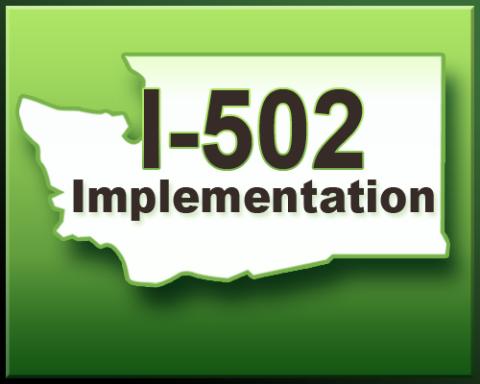Social Equity History
More Social Equity History
Overview of Cannabis in Washington
Cannabis was legalized with Initiative I-502 in 2012, though cannabis for medicinal use was allowed in Washington State beginning in 1998. The following is a timeline highlighting some of the major laws passed impacting the use of cannabis in Washington.
Image

- 1998 - Initiative 692
- Permitted the medical use only of cannabis by patients with certain terminal or debilitating conditions. The initiative did not create any structure or authorization for businesses to grow, process, or retail cannabis.
- 2007 - Senate Bill 6032 and 2010 - Senate Bill 5798
- Amended I-692
- 2011 - Senate Bill 5073
- Aimed to establish a regulatory system to license the production and distribution of cannabis intended for medicinal use.
- 2012 - Initiative I-502
- Tasked the Liquor Control Board with creating rules for a comprehensive regulatory system of licensing producers, processors, and retailers to produce and sell recreational cannabis to those 21 years of age or older. Collective gardens and use of medical cannabis were not addressed in this initiative and continued to operate.
- 2015 - Senate Bill 5052
- Merged the unregulated medical cannabis market with the recreational market and established the Cannabis Patient Protection Act.
- 2017 - Senate Bill 5131
- Authorized patients and designated providers that are entered into the medical marijuana database and hold a recognition card to purchase immature plants, clones, or seeds from a licensed producer.
- 2019-2020 - House Bill 5298
- Allowed for medically compliant product to include structure and function claims and all products to list psychoactive effects.
- 2020 - Senate Bill 2870
- Authorized applications for new cannabis retailers, with the provision that available retail licenses will go to Social Equity applicants. Additionally:
- Any additional retail license returned until July 2028 will go to a social equity applicant.
- Formed the Social Equity Task Force, which completed its work and recommendations in December 2022.
- Defined some of the social equity requirements (what defines a social equity applicant i.e. lived in disproportionate impacted areas, percentage of ownership of a social equity license, etc.)
- Established grant fund, 1,100,000 a year to Department of Commerce for the social equity grant program.
- Authorized applications for new cannabis retailers, with the provision that available retail licenses will go to Social Equity applicants. Additionally:
- 2023 - Senate Bill 5080
- Amended House Bill 2870, to further refine the program. In addition to more social equity retail licenses, producer and processors licenses are made available for Social Equity in Cannabis applicants.